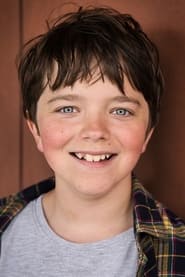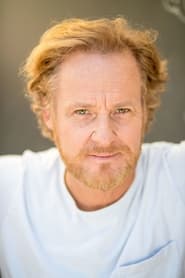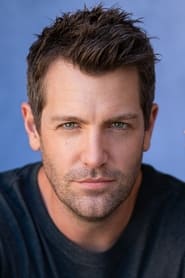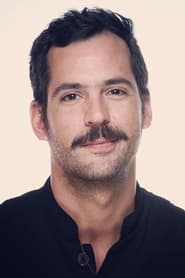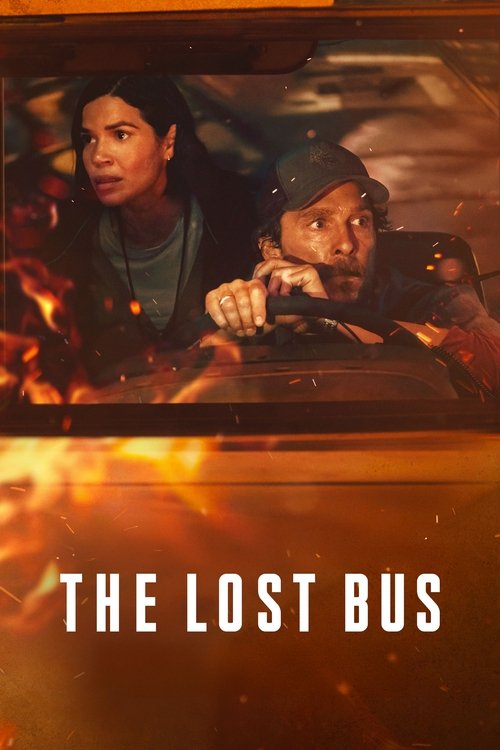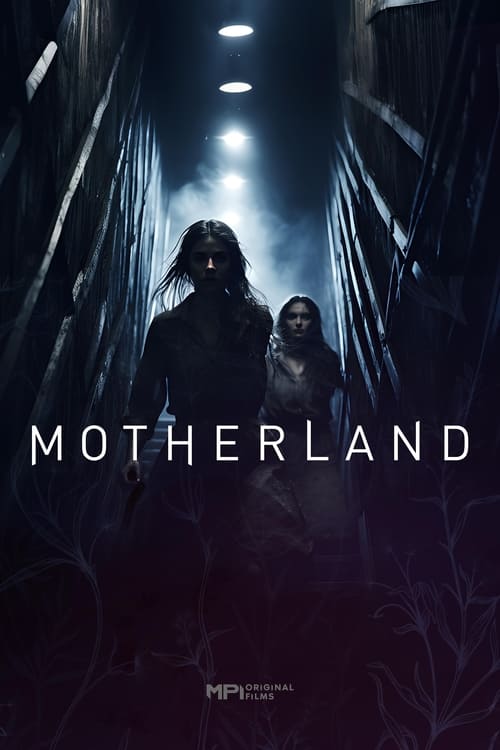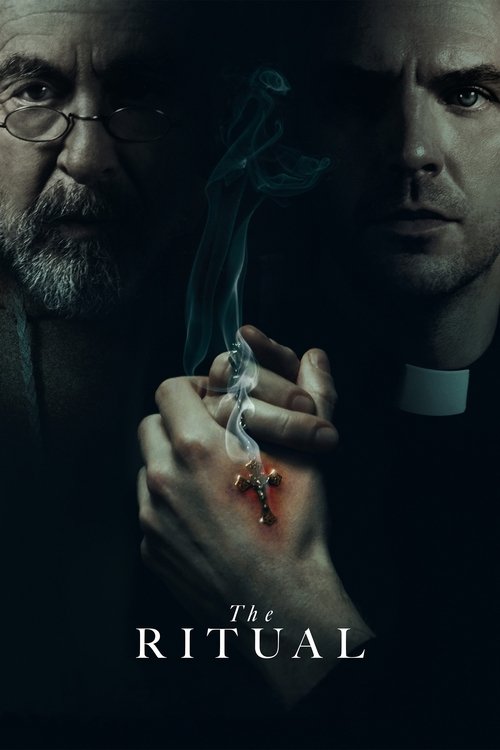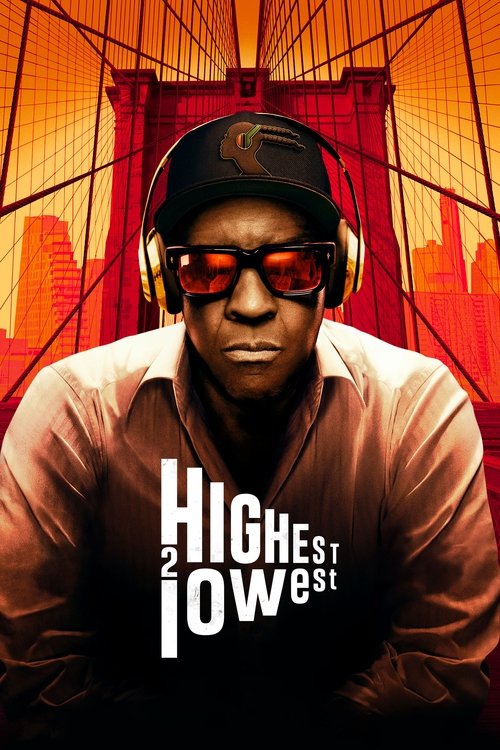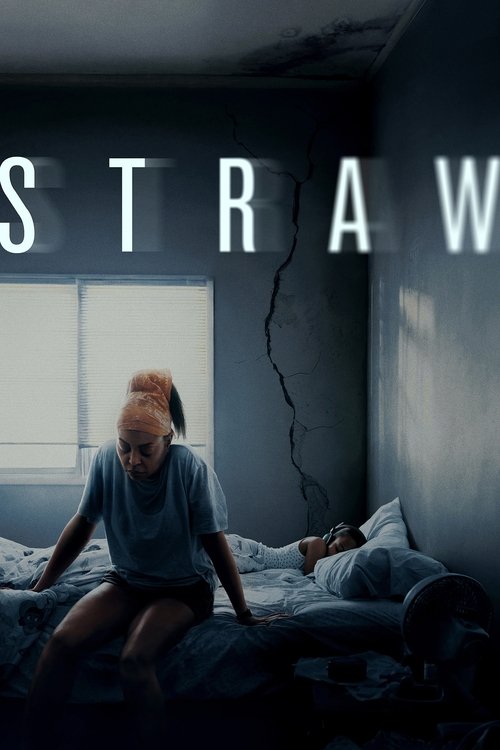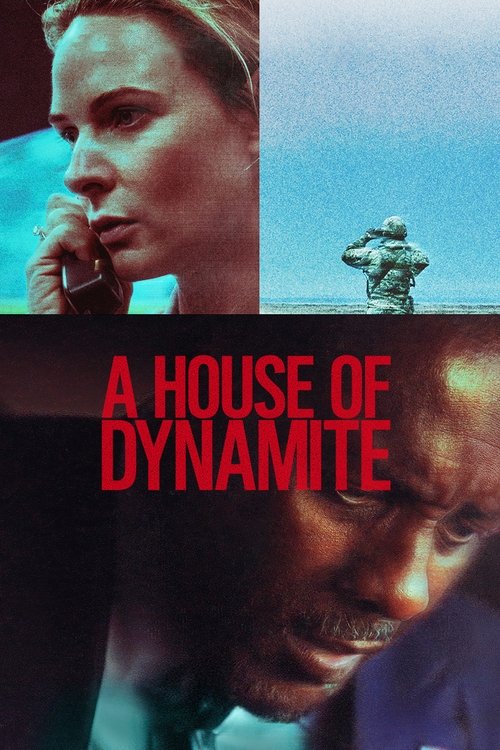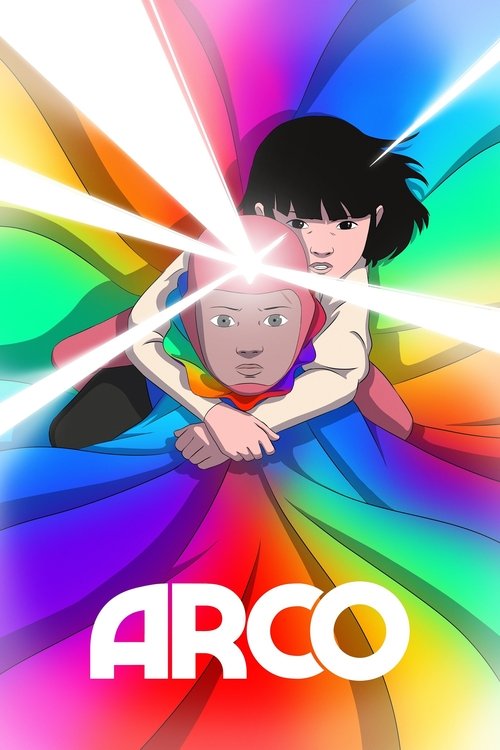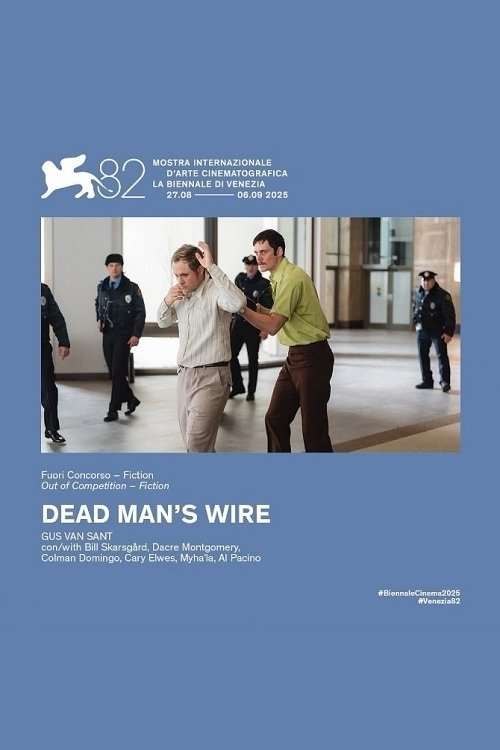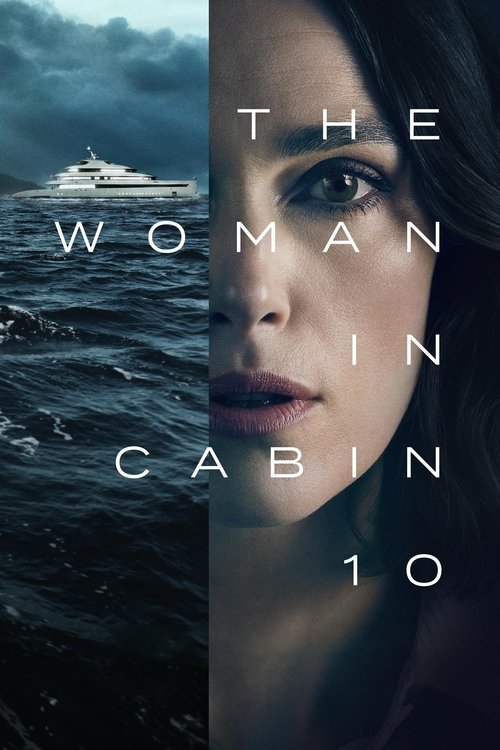
Ask Your Own Question
What is the plot?
Jenny and Steve set out together for a weekend on a remote lakeshore in the English countryside, planning nothing more ambitious than sun and swimming. Jenny teaches at a nursery school; Steve, her boyfriend, drives them in high spirits along narrow lanes until they pass a small boy who hangs back on the verge and watches them without speaking. At the lake a noisy cluster of local teenagers dominate the beach, drinking and blasting music while a large, unruly dog runs among them. Steve bristles at the intrusion but refuses to be pushed off the sand; he insists they remain and endures the youths' rowdiness rather than let them intimidate the couple into leaving.
They pitch a tent as daylight wanes and sleep at the water's edge. The following morning their packed food is ruined, riddled with insects, and when they walk back toward their car they run the tire over a discarded bottle. Steve replaces the tire, then they head to the nearest town to buy supplies and to find out who the troublemakers are. In a village diner Steve jokes about the kids, and a waitress deflects, insisting they are not her children when he presses. Spotting bikes propped outside a nearby house, Steve ignores Jenny's objections and goes onto the homeowner's property to demand answers. The boy's father nearly confronts him; Steve breaks off and hurries back to the lake.
Later, while Jenny dozes on the sand, Steve goes out to dive. He returns to discover their beach bag gone; inside it were the car keys, Steve's phone and his wallet. Their car itself is missing from the parking area. Forced to walk back to the village on foot, they cross a lane just as one of the teenagers barrels toward them in a car; the driver, Brett, the gang's leader, smirks as the vehicle rushes past. Night closes in and the couple encounters the same group in the woods. Steve steps forward despite Jenny's pleas and confronts them, demanding their possessions. Brett denies any involvement. When Brett's phone rings in his pocket, a scuffle starts and in the mêlée Steve accidentally inflicts a fatal injury on the gang's dog; the animal collapses and dies amid the chaos.
Angry and grief-stricken, Brett returns the thrown car keys to Jenny and Steve and orders them away. They retrieve their vehicle, but as they navigate a steep stretch of track the car skids and becomes stranded; the gang soon surrounds them and pelt the vehicle with stones until it runs off the road and slams into a tree. Steve, trapped by the wreckage, tells Jenny to run and drive; terrified, she flees into the trees to try to find shelter for the night.
In the morning Jenny comes back to the crash site and finds the car empty. A dark trail of blood leads away from the wreck toward the direction of the teenagers' camp. She follows it and locates Steve bound and captured: the gang has him secured with barbed wire and they are inflicting blows and taunts as they brutalize him. Jenny uses the Bluetooth function on Steve's GPS and connects it to his phone, hoping to signal or summon help, but instead she draws attention to herself. Panic sets in; she runs and the youths give chase. During that pursuit Steve manages to break free of his restraints. The couple reunites in a frantic scramble through the trees, but the gang corners them again along a narrow track.
Jenny slips away and hides inside a water reservoir to evade them; while she crouches in the cold dark, she hears the distant sounds of the group around her, and when she surfaces she discovers that Steve has been left behind. The gang returns and, amid taunts and torture, they murder Steve. He dies at their hands after being captured and abused; he is killed by the teenagers following the earlier binding and mutilation. As Jenny staggers away seeking help she encounters the small boy from the start, Adam, who pretends to aid her but betrays her; he reveals her presence to the gang. Later, when she regains consciousness after a blackout, she overhears the group plotting to immolate both her and the corpse of Steve. She struggles free just as they prepare to set the fire and escapes their immediate grasp.
The gang's fury escalates when they turn on Adam, their earlier recruit; as they threaten him he dies under their hands -- the boy who had seemed passive at the outset does not survive the violence. Jenny, frantic and exhausted, finds a map in a vehicle or among the gang's belongings and begins to navigate by it toward the nearest road. In the scramble that follows she fights back against the attackers; during a close, violent struggle she strikes Cooper, one of the teenagers, and Cooper is fatally wounded by the wound she inflicts. His death ignites confusion and fear among the remaining youths; Brett, enraged, watches his group unravel as some of them begin to turn on each other.
Bleeding and driven, Jenny reaches a lane and flags down a passing van, pleading to be taken away from the place she has just survived. She climbs into the vehicle and begs for safety, but the van delivers her to the home of Brett's family. Inside that house she finds not allies but conspirators: Brett's parents sit among neighbors at a garden party and, rather than help, they seize her. They drag Jenny screaming into a bathroom where they intend to deal with her. Upstairs, Brett remains aloof; he sits in his room and listens to her muffled cries, staring at his own reflection in a mirror as the final muffled screams echo through the walls.
In a separate and earlier chronicle that unfolds decades before those events, Dr. Friedrich Ritter and Dore Strauch, a couple who reject the conventions of Weimar-era Germany, flee the mainland in 1929 and travel to the Galápagos isle of Floreana. Friedrich intends to finish a political manifesto; Dore, who suffers from multiple sclerosis, seeks to cure herself through ascetic meditation. Their initial solitude is short-lived. They are soon joined by Margret and Heinz Wittmer; Margret becomes pregnant soon after arrival and the Wittmers work diligently to establish a functioning homestead on the island.
Not long after the Wittmers settle, Eloise Bosquet de Wagner Wehrhorn arrives, styling herself the Baroness. She descends on the island with two devoted lovers, Robert and Rudolph, and an Ecuadorian servant named Manuel. Eloise announces grand ambitions to build a luxury hotel and lays claim to a patch of shore near the Wittmers' homestead, setting up a primitive camp where she spends her days in luxury and indulgence. Robert and Rudolph cater to her whims while Manuel performs domestic tasks. Because Eloise and her companions consume resources heedlessly, their food supplies run out quickly.
When Margret goes into labor she must fend off a pack of feral dogs while delivering her son; during her ordeal Manuel and Robert, at Eloise's direction, break into the Wittmers' house and steal the family's canned provisions. Eloise stages an ostentatious luncheon to celebrate the birth, serving the stolen canned foods to her guests as if they were her own hospitality, and she uses the occasion to insult and belittle the others. She taunts Heinz, accusing Margret of marrying him only because he asked, and humiliates Dore by pointing out her inability to have children. Friedrich and Dore rise to leave the argument but Eloise brandishes a pistol and reveals that the Ecuadorian government has awarded her 40,000 acres on Floreana for the development of her resort, a fact she wields as fresh leverage against the other settlers.
At about this time an American industrialist, Allan Hancock, arrives to film a documentary about the settlers and the island. Eloise attempts to ingratiate herself with Hancock and tries to seduce him to secure a connection with Hollywood, but Hancock and his crew depart without being swayed by Eloise's charms. Tensions among the colonists deepen: Friedrich grows erratic and violent in ways that contradict his earlier, more idealistic pronouncements; Rudolph's resentment of Eloise hardens and he begins to conspire.
Rudolph manipulates circumstances so that Heinz, without realizing it, shoots Dore's cherished donkey one night. When Friedrich and Heinz discover how Eloise has worked against them, they confront Eloise and her men, joined by Rudolph on their side. The confrontation explodes into physical conflict. Amid the fight Heinz uses a weapon to stab Robert to death. Friedrich, in turn, seizes a rifle and shoots Eloise, killing her. After the killings the men dispose of Robert's and Eloise's bodies in the ocean and concoct a story to explain their absence, claiming they left the island on a boat bound for Tahiti. Margret and Dore, however, remain suspicious of the official line.
Dore's condition worsens over the following months, and her relationship with Friedrich deteriorates as she grows to resent his violent compromises. Margret, attempting to help, gives Dore extra chickens and warns her that their own animals have begun to die after eating rotten food; Margret cautions that food poisoning can be fatal. Taking that warning to heart, Dore prepares a meal for Friedrich that he eats; he soon becomes violently ill and dies in agony, cursing Dore with his last breath. The settlers and island life collapse into further disorder.
Investigation follows. Ecuadorian authorities arrive to question the remaining inhabitants after receiving letters Friedrich had written that attempted to frame Heinz for the disappearances of Eloise and Robert. During the inquiry Margret protects Heinz by deflecting suspicion and shaping her testimony; she prevents him from being implicated in the earlier deaths. Dore departs the island with the arriving Ecuadorians; she returns to Germany and publishes a memoir recounting her time on Floreana. Intertitles record that Dore dies of multiple sclerosis in 1943, shortly after her book appears. Rudolph, who attempted to leave Floreana by boat with a fisherman, perishes when his craft is caught in a storm and sinks offshore. The Wittmers choose to remain on the island; Margret spends the rest of her life there and dies on Floreana in the year 2000. The film's final records note that Margret's descendants maintain a modest hotel on the island that travelers may still visit, and that the different accounts--Dore's memoir and Margret's later writings--offer conflicting narratives of the events that transpired.
What is the ending?
The movie Eden (2025) ends on Floreana Island with the settlers struggling to coexist amid harsh conditions and interpersonal conflicts. The overbearing Baroness Eloise arrives and disrupts the fragile balance, revealing deep flaws and tensions among the group. Ultimately, survival instincts and human flaws dominate, underscoring a grim reality about the drive to endure at any cost.
In the final scenes of Eden, the camera lingers on the harsh and isolated landscape of Floreana Island, emphasizing the settlers' struggle for survival. The Wittmers have dug a well and built a stone house to protect themselves from the island's mosquitoes and hazards, working tirelessly to create some semblance of home. Meanwhile, Friedrich Ritter and his wife Dora, who originally fled Germany to find peace and focus on personal ideals, observe with a mix of envy and resignation the practical success of the Wittmers.
Then, Baroness Eloise Bosquet de Wagner Wehrhorn arrives dramatically, carried on the shoulders of her two infatuated lovers. Clad in evening gowns ill-suited for the environment, she declares herself the "embodiment of perfection" and begins to assert control over the group, planning to build a luxury hotel. The settlers' initial hope and cooperation begin to crumble under her disruptive influence.
Scenes show Eloise wielding her charm and control, but gradually revealing cracks in her facade as the lack of power, food, and water expose her vulnerabilities. Her lovers remain devoted, but the strain of survival and clashing personalities leads to increasing tension, theft, and deception among the settlers.
The movie closes on a somber note, with no clear resolution but rather a reflection on human nature: amid the beautiful yet unforgiving island, each character's flaws and desires drive them to survive, often at the expense of others. The final shot highlights the isolation and relentless challenges of their utopian dream turned survival trial, leaving viewers with a poignant impression of the cost of seeking paradise and the raw human instinct to endure.
Who dies?
In the 2025 film Eden, directed by Ron Howard, several characters die under circumstances that escalate from simmering interpersonal tensions to outright violence, ultimately unraveling the settlers' utopian dream on Floreana Island. Here is a detailed, chronological account of each death, the motivations behind them, and the emotional and physical realities of each scene:
Robert Phillipson
When: During a climactic confrontation in the third act, after Eloise's manipulations and thefts have pushed the other settlers to their limits.
How: A physical altercation erupts when Friedrich Ritter, Heinz Wittmer, and Rudolph Lorenz confront Eloise and Robert. Robert, aggressive and defensive, instigates a fight. In the chaos, Heinz--driven by a mix of self-preservation, loyalty to his family, and mounting frustration with the outsiders' disruption--stabs Robert to death.
Why: Robert's death is the direct result of the settlers' fractured trust and Eloise's provocations. Heinz, though reluctant, acts out of necessity when faced with Robert's violence. The scene is visceral: sweat, shouting, the glint of a knife, and the sudden, shocking collapse of Robert's body. The others are left in stunned silence, the weight of what they've done settling over them.
Eloise (The Baroness)
When: Immediately following Robert's death, in the same confrontation.
How: Eloise, realizing the tide has turned against her, attempts to bargain for her life. Friedrich, whose philosophical ideals have long since given way to desperation and a simmering rage, shows no mercy. He raises his rifle and shoots her at close range. The gunshot echoes across the island, a brutal punctuation to their failed experiment in paradise.
Why: Friedrich's act is both pragmatic and emotional. Eloise represented everything he despised--ambition, manipulation, the corruption of his isolation. Her death is his final, violent rejection of the outside world's intrusion. The moment is charged with Friedrich's internal conflict: the man who once preached self-reliance and purity now reduced to a killer, his hands shaking, his eyes hollow.
Aftermath: Friedrich and Heinz dispose of both bodies in the ocean, concocting a story that Eloise and Robert left for Tahiti. The lie is thin, and the guilt hangs heavy, especially as Dore and Margret grow suspicious.
Friedrich Ritter
When: In the aftermath of the murders, as tensions between Friedrich and Dore reach a breaking point.
How: Dore, emotionally shattered by Friedrich's cruelty, his dismissal of her connection to the island's wildlife, and his growing instability, serves him contaminated chicken. Friedrich, already weakened by stress and the island's harsh conditions, succumbs to a painful, protracted death from food poisoning. With no doctors or antibiotics, his suffering is acute: fever, convulsions, and, in his final moments, a curse hurled at Dore.
Why: Dore's act is one of quiet, desperate rebellion. Having lost faith in Friedrich and their shared dream, she chooses a passive form of vengeance. The scene is intimate and harrowing: Friedrich writhes in their makeshift bed, his body betraying him, while Dore watches, her face a mask of grief and resolve. His dying curse--a final lash of bitterness--leaves her alone with her guilt and sorrow.
Rudolph Lorenz
When: After the deaths of Friedrich, Eloise, and Robert, as the survivors attempt to move on.
How: Rudolph, seeking escape from the island's darkness, boards a fishing boat with a local captain. Their vessel is caught in a sudden, violent storm. Both men perish at sea, their bodies lost to the waves.
Why: Rudolph's death is symbolic of the island's inescapable grip. Even those who flee are consumed by its legacy. The storm is depicted as both literal and metaphorical--a force of nature that mirrors the chaos the settlers brought upon themselves.
Survivors
Heinz and Margret Wittmer endure, remaining on Floreana with their family. Margret, in particular, is marked by the trauma but finds a measure of peace in rebuilding their lives. The film's epilogue notes that Margret wrote her own account of events, which conflicted with Dore's memoir. The Wittmers' descendants eventually run a small hotel on the island, a quiet echo of Eloise's doomed ambition.
Dore Strauch
Dore returns to Germany, where she writes a memoir about her experiences before succumbing to multiple sclerosis in 1943. Her departure is tinged with melancholy and unresolved guilt, her story a counterpoint to the Wittmers' survival.
Summary Table of Deaths
| Character | Cause of Death | Circumstances & Motivations | Emotional/Physical Detail | |-------------------|-----------------------|---------------------------------------------------------------------------------------------|------------------------------------------------------------| | Robert Phillipson | Stabbed by Heinz | Killed in a fight during confrontation with Eloise; Heinz acts in self-defense/group survival| Sudden, chaotic violence; shock and silence after | | Eloise | Shot by Friedrich | Friedrich rejects her bargains, shoots her in cold blood; symbolic of rejecting corruption | Gunshot echoes; Friedrich's hands shake, eyes hollow | | Friedrich Ritter | Food poisoning | Dore serves tainted chicken; act of quiet rebellion against his cruelty | Protracted, painful death; Dore watches, grief-stricken | | Rudolph Lorenz | Drowned in storm | Attempts to flee island by boat; storm sinks vessel | Storm as metaphor for inescapable past |
Narrative Themes
The deaths in Eden are not merely plot points but the culmination of the settlers' failed ideals. Each death is steeped in the characters' internal struggles--philosophical disillusionment, betrayal, survival instinct, and the corrosive effects of isolation. The film's ending is a stark meditation on the fragility of utopia and the darkness that can flourish even in paradise.
Is there a post-credit scene?
The movie "Eden" (2025) does not have a post-credit scene. While there are extras during the credits, there is no additional scene after the credits end. The film's ending itself references real-life conflicting accounts related to the story, but no extra footage or stinger follows the credits.
Is this family friendly?
The movie "Eden" is not explicitly listed as a 2025 production, but rather as a 2024 film. However, based on the information available for the 2024 film titled "Eden," it is not family-friendly due to several reasons:
- Violence & Gore: The film contains moderate violence and gore, which may be disturbing for children or sensitive viewers.
- Sex & Nudity: There are instances of nudity, including a man being fully nude and scenes where women's breasts are visible, which could be objectionable for some viewers.
- Language: The film includes mild profanity.
- Thematic Elements: The movie explores dark themes, including the breakdown of a utopian community, which might be unsettling for younger audiences.
Given these elements, it is advisable for parents or guardians to exercise caution and consider the maturity level of their children before allowing them to watch this film.
Does the dog die?
For the movie titled Eden (2025) directed by Ron Howard and starring Ana de Armas, which is a survival thriller about European settlers on Floreana Island in the Galápagos, there is no direct information in the provided search results explicitly stating whether a dog dies in the film.
The search result from DoesTheDogDie.com for "Eden (Movie, 2025)" is listed but does not contain detailed content in the snippet to confirm the fate of a dog. Another unrelated mention of a dog dying refers to a different movie scene in a general explanation from DoesTheDogDie.com and is not connected to this film.
Given the nature of the film--a tense survival story involving interpersonal conflicts and harsh conditions--it is possible animals might be affected, but no authoritative source provided explicitly confirms the death of a dog in this film.
Therefore, based on the currently available information from the searches, it cannot be confirmed that a dog dies in the 2025 film Eden.










